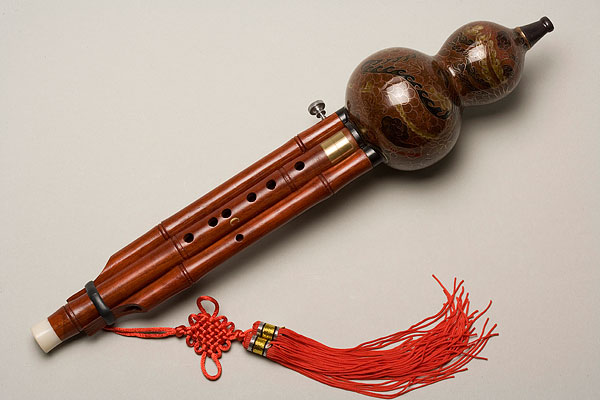Hulusi basic skills comprehensive guide
Hulusi, as a traditional wind instrument originating from Yunnan minority, has a melodious tone and is deeply loved by music lovers. To become an excellent fenugreek player, solid basic skills are the indispensable cornerstone. This paper will elaborate the systematic training methods and importance of the basic skills of hulushi.

First of all, the use of breath is the basis of playing any wind instrument, and is particularly important for fenugreek. Beginners need to learn how to output breath evenly and persistently through basic breath training such as deep breathing and slow exhalation, ensuring that each note is full and consistent. In addition, it is necessary to master various playing skills such as pronunciation, linking, glissando, etc., so that the expression of music is richer.
Secondly, the exercise of finger flexibility is crucial. The sound hole arrangement of fenugreek determines that the performer needs to use both hands flexibly, so the practitioner should improve the speed and accuracy of the fingers through repeated practice of various scales, arpeggios and specific tracks, so as to be able to switch pitches accurately.
Thirdly, intonation is an important standard to measure the performance level. In the basic training stage, emphasis should be placed on developing the sense of absolute pitch, and the use of electronic tuners to assist training to ensure that each note can be accurately pronounced. At the same time, it is necessary to deeply understand and be familiar with the tone characteristics of fenugreek and overcome the intonation difficulties.
In addition, the sense of rhythm and the grasp of the rhythm of the phrase is also an important part of the basic skills of fenugreek. By following the metronome to practice the basic rhythm pattern, and then gradually transition to complex rhythm and speed changes, it helps to develop a steady rhythm and the flow of musical performance.
Finally, the study and application of music theory is also indispensable. Understanding the structure of music, harmonic principle, musical form analysis and other knowledge can better understand and interpret the connotation of works and improve the artistic level of performance.
To sum up, if you want to make significant progress in fenugreek performance, you must invest time and energy in a comprehensive and systematic training of various basic skills, including breath control, fingering exercises, intonation training, rhythm perception and music theory. Only by laying these foundations can we go further on the road of hulusi performance and play a more touching melody.
 渝公网安备 50010702504639号
渝公网安备 50010702504639号